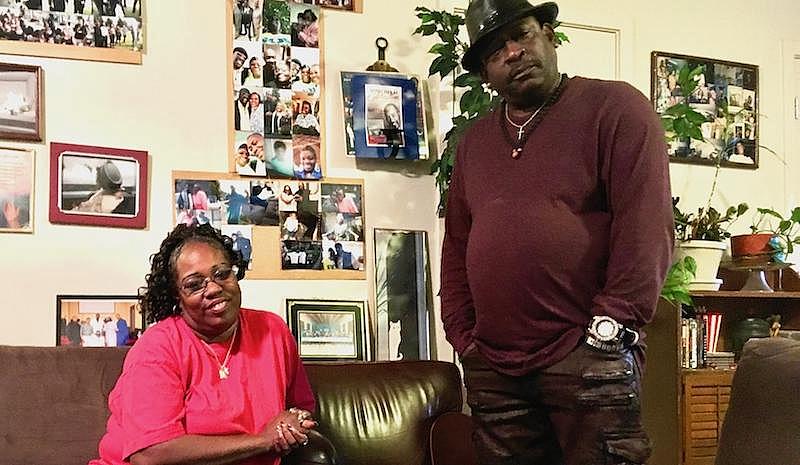A legacy of mistreatment for San Francisco’s black special ed students
The series has received support from the Fund for Journalism on Child Well-Being, a program of USC's Center for Health Journalism.
Other stories in this series include:
One African American family, half a century of experience in SF public schools
How can San Francisco support its most vulnerable black residents? Help them succeed at school.
Learning While Black: Community forum
A legacy of mistreatment for San Francisco’s black special ed students
African American honor roll student says when teachers set the bar high, ‘you gotta go get it'
SFUSD program intervenes early to keep kids out of special ed for behavior
SFUSD fires up Bayview teachers in hopes they will stick around
A Landmark Lawsuit Aimed to Fix Special Ed for California's Black Students. It Didn’t.
Lead Plaintiff In Landmark Lawsuit Gets 2nd Chance At Education — At Age 60
A Decade Of Work Leads To Nearly 90 Percent Black Graduation Rate For SFUSD
State Audit Of Program For Homeless Students Finds Undercount, Lack Of Oversight

(Photo Credit: Lee Romney/KALW)
African-American students across the country are much more likely than any other student group to be placed in special education, and that’s true at San Francisco Unified too. The district’s troubled history has plenty to teach us about what is and isn’t working for black students with special needs today.
This is the first part of an ongoing series “Learning while black: The fight for equity in San Francisco schools.”
When the head of the San Francisco chapter of the NAACP demanded the city declare a “state of emergency” to tackle low academic test results for African American students, he turned the blame on the grown-ups. “It’s not that the children are failing,” the Rev. Amos Brown told school board trustees. “I’m using the plural pronoun ‘we.’ We are failing.” The so-called equity gap has persisted for decades: As a group, African-American students in San Francisco and across the country struggle in public school, often posting the lowest test scores and graduation rates, and the highest rates of suspension and chronic absenteeism.
KALW Education Reporter Lee Romney set out to explore the systemic inequities that have hampered African American students in this changing city. Her ongoing series also showcases the resilience and power of black youth and their families, and the efforts of educators and community advocates to help them thrive.
The series has received support from the Fund for Journalism on Child Well-Being, a program of the University of Southern California Center for Health Journalism. Do you have a story idea to share? Lee wants to hear it. Reach her at lee@kalw.org.
[This story was originally published by KALW.]

